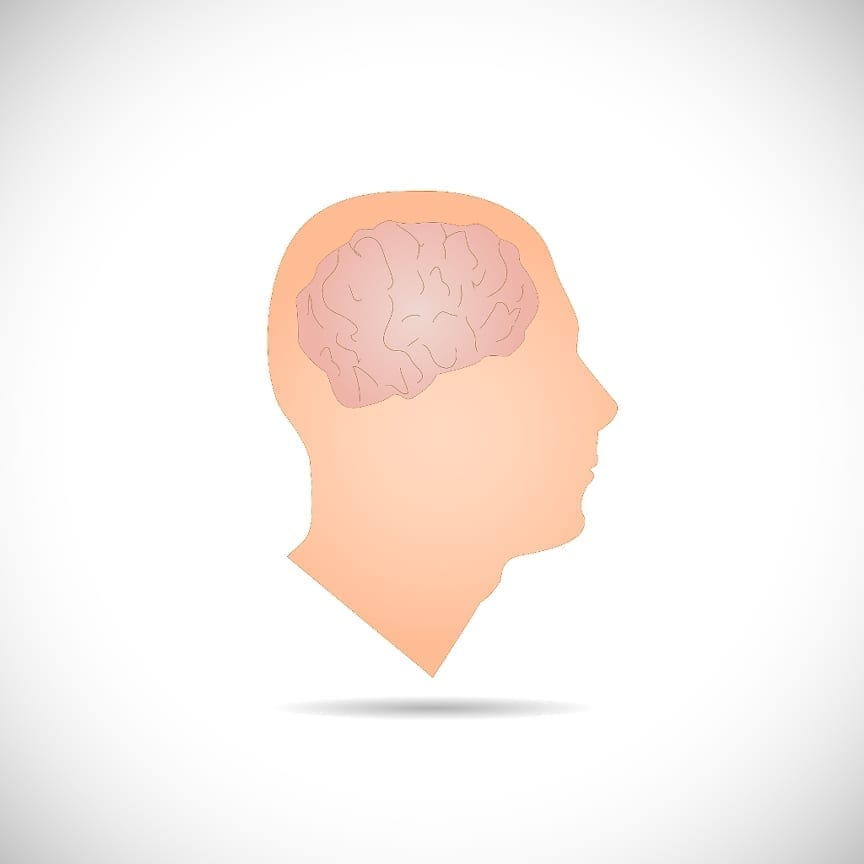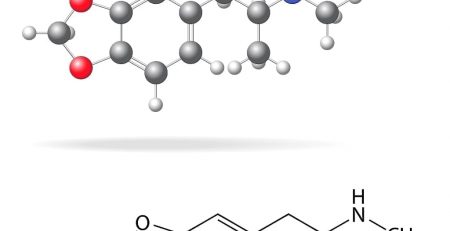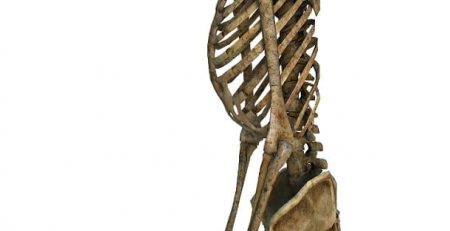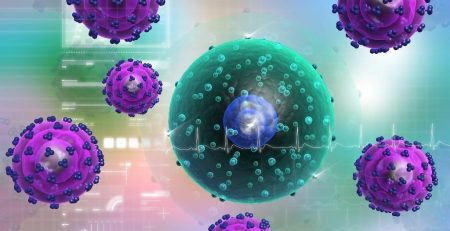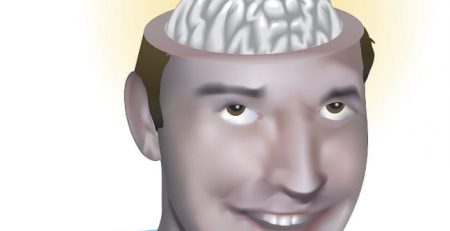Bionic Brain Implants To Treat Mental Health Disorders
Researchers are emerging the first bionic implant to aid mental disorders. Within the next three years Professor Xu-Feng Huang and his researchers from the University of Wollongong in Australia will lead the development of a bionic implant which will alleviate the symptoms of schizophrenia. Schizophrenia is a mental condition that affects about 1% of the world’s population. The disease is caused by structural anomalies in the brain that prohibit the neurons from communicating normally. Genetics and environmental factors have also been shown to have a role in these structural abnormalities as the brain is developing. There are a wide range of symptoms including delusions, hallucinations like hearing voices that aren’t there, and diminished joy in life. Costs associated with schizophrenia are estimated to be more than US$22 billion in direct health care related costs in the United States alone.
The device would be implanted in the frontal lobe of the brain and regulate the stimulation of neurons to alleviate symptoms from schizophrenia and related disorders. This is a welcomed advance to current treatments, which rely on antipsychotic medications. Some of these medications pose serious side effects, such as losing white blood cells, tremors, rapid heart rate, dizziness, and blurred vision. While these medications do manage symptoms, they are unable to treat the root of the problem: the neurons miscommunicating. The device will be made of conductive organic polymers which have already proven to be successful in stimulating muscle and nerve tissue. After developing the technology to suit the needs of this project, it will be tested in animal models. If these runs are successful, it could result in clinical trials.
The AUS$676,000 allocated for this project is part of AUS$3 million that has been granted for combating mental illness by Australia’s National Health and Medical Research Council. It will be a collaboration between the Illawarra Health and Medical Research Institute at the University of Wollongong and the ARC Centre of Excellence for Electro materials Science.




